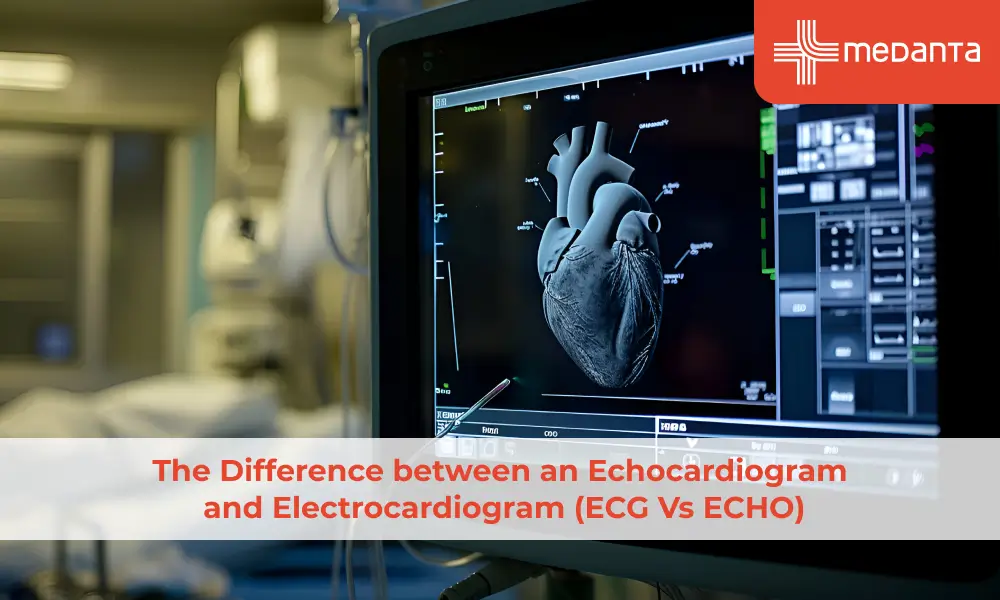I'm the wrong side of 40 now, and picked up some non-trivial injuries which are taking months to fully heal. I've got hold of some HGH, which I was planning to use for a couple of months at 3IU/day for a couple of months to speed the injury healing.
I've been on TRT for around a decade now, running about 120mg/week, donate blood every 3 months. Last set of bloods were all pretty much perfect.
Reading up, I see some recent studies linking testosterone + HGH to noticeable LVH. What I cannot really figure out though is at what kind of doses of test + HGH that risk becomes significant? Nothing to worry about at my doses, or...?
Thanks for any info.
I've been on TRT for around a decade now, running about 120mg/week, donate blood every 3 months. Last set of bloods were all pretty much perfect.
Reading up, I see some recent studies linking testosterone + HGH to noticeable LVH. What I cannot really figure out though is at what kind of doses of test + HGH that risk becomes significant? Nothing to worry about at my doses, or...?
Thanks for any info.












